Top ten tips for your winter property health check
October 2024We’ve all heard of a winter car health check, but how many of us actually think about a winter property health check? In conjunction with Compass Commercial Ltd we have provided you with top ten tips for your winter property health check.
Nobody wants to hear thar Winter is approaching, but with the evenings getting darker earlier and temperatures dropping, it is crucial for commercial property owners and facilities managers to make sure their properties are ‘cold weather ready’.
The cold weather brings challenges that if not dealt with, can have serious consequences, and exacerbate any existing issues you may have. However, if you are proactive, there are many steps that can be taken now to protect your property from damage and prevent business disruption, which will save you money in the long run. Take a look at our top ten tips for your winter property health check below.
1. Roof Inspection
A good place to start is a thorough inspection of the roof as this is the most exposed element. Look for any broken or slipped tiles, loose ridge tiles, damaged lead flashing, felt or rotting support beams that could cause water ingress. Build-up of moss can also disrupt water drainage.
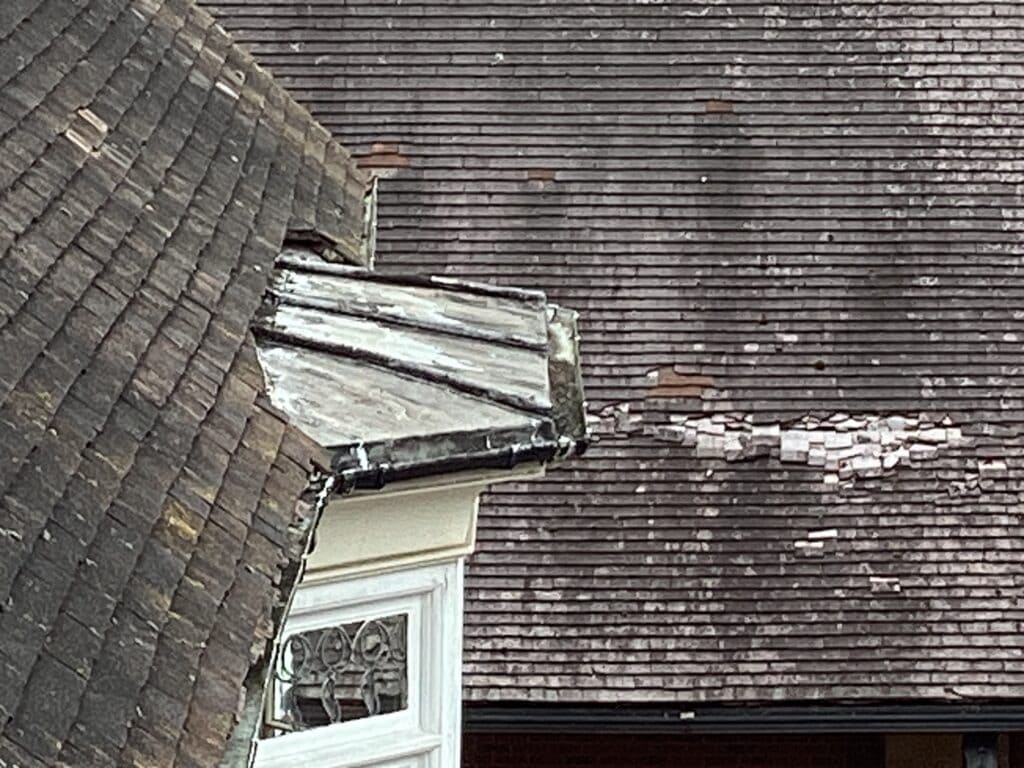
2. Gutters
Wind, rain and snow can all cause gutter damage. Gutters need to be thoroughly cleaned to remove any build-up of leaves, moss or debris that can cause blockages that will prevent efficient water drainage. This can lead to damp and rotting issues. It is also important to ensure all guttering is securely attached to the property, including downpipes and there are no leaks or faulty joints. Otherwise, this could also cause problems to the fascia and soffits and cause penetrating damp problems.
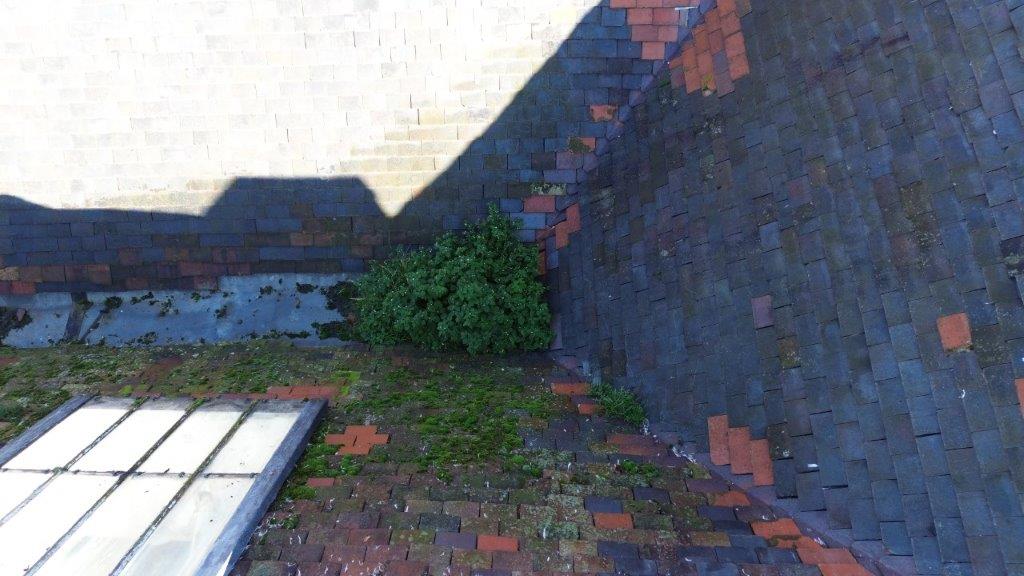
3. Pointing and rendering
The exterior of the property is just as important as its interior. Checking for defective pointing and masonry is key, as this can also prevent water entering the property, causing both structural and internal damage. Pay particular attention to the weather prevailing side of the property.
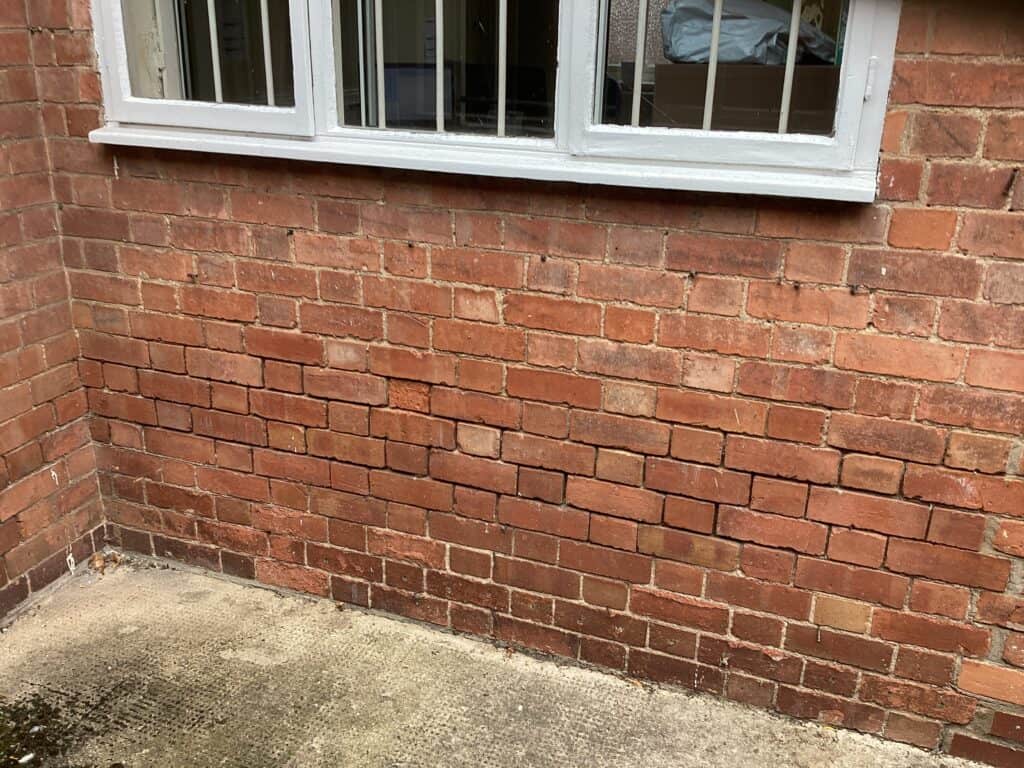
4. Make sure your building is well insulated
One of the most important commercial property winter maintenance tasks, is to make sure your building is well-insulated. Commercial property owners can benefit from correct insulation in numerous ways, from money-saving to energy efficiency, not just for winter property protection. Insulation traps the heat from leaving the property and will protect the building internally from harsh external elements (and keeps your employees comfortable and happy!).
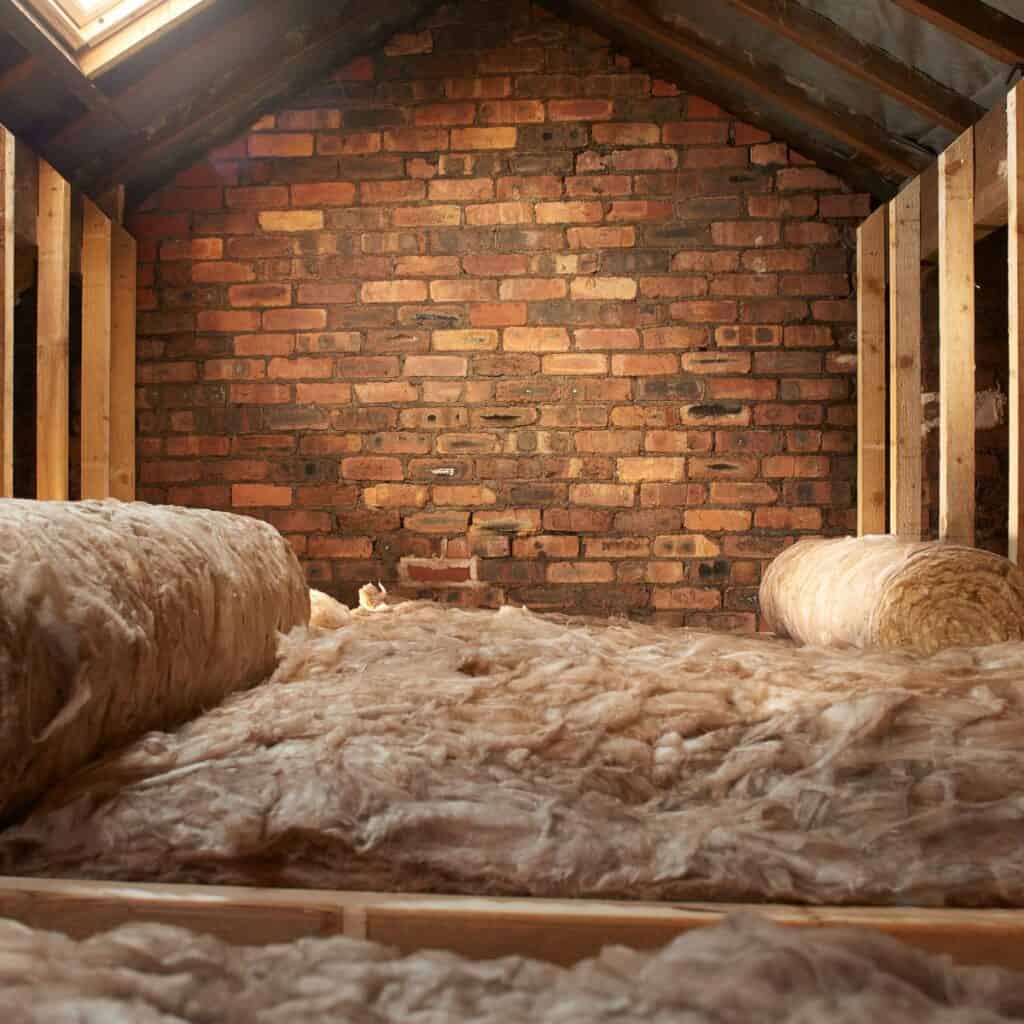
5. Plumbing Preparation
Frozen pipes can be detrimental to your business, particularly if the ice causes the pipes to expand and burst. Check all exposed pipework or pipework that may be in an unheated area. For those pipes in the wall adequate insulation (as above) should be considered. Actions can be put in place to minimise the chance of frozen pipes through insulation (for both hot and cold taps) and also external pipe lagging.
If you are aware of a current leak, it is highly recommended to get this fixed as a matter of urgency, as winter weather will only exasperate the problem and a minor repair, could turn into serious damage.
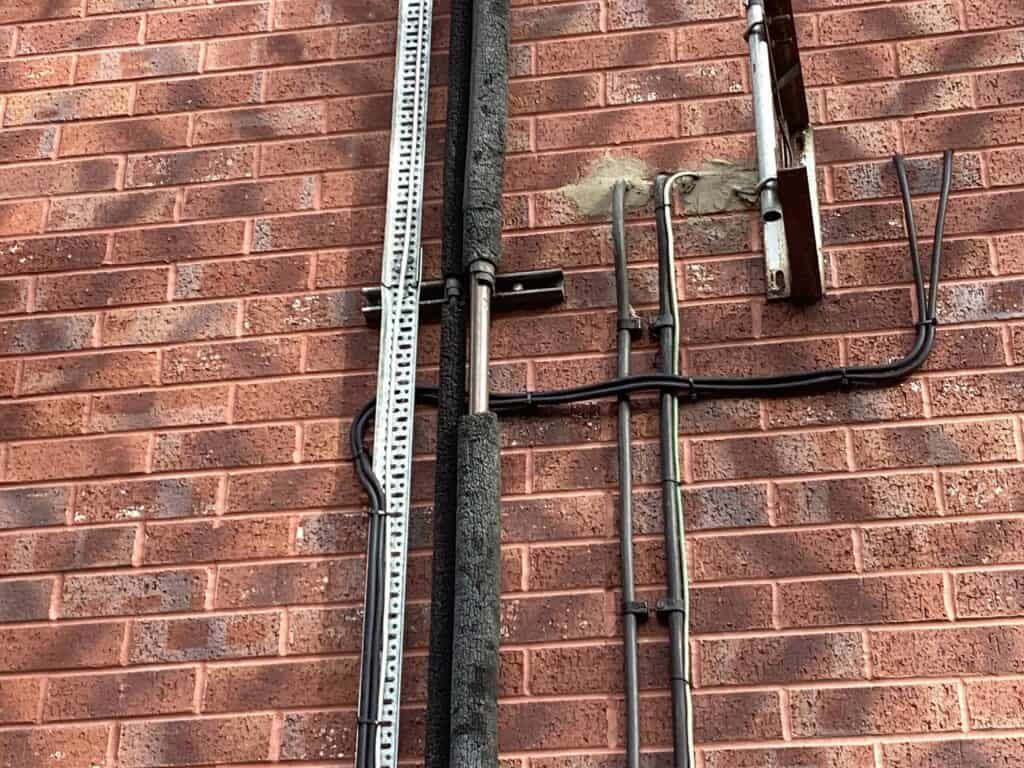
6. Drains
Inspect all of your drains. Just like the guttering, it is important to ensure the drains are free flowing and not blocked by debris which will prevent proper water flow away from the property. Also ensure that grates and covers are fitted properly and not damaged as this will help protect the drains from filling up with external debris.
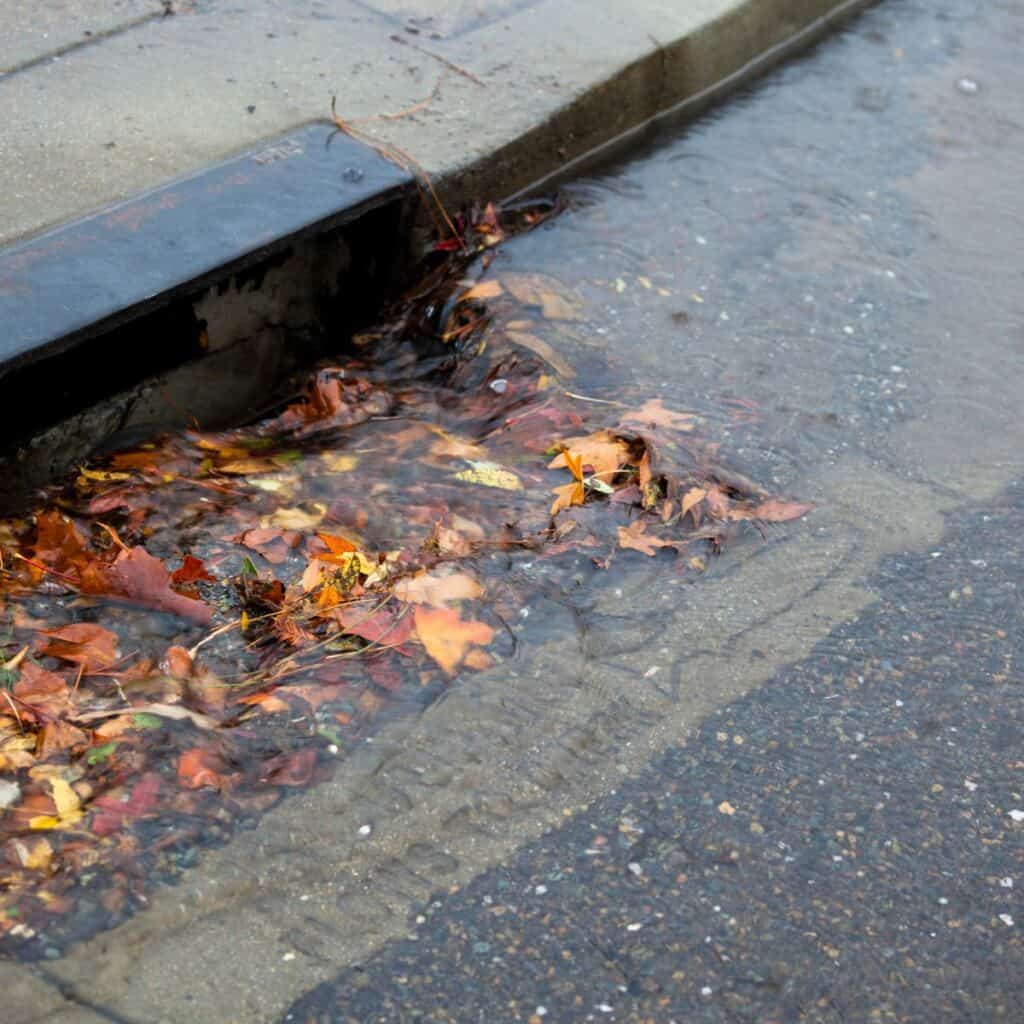
7. Check windows and doors
It is important to check the seals between the frames and brickwork, as this could have deteriorated throughout the year. Examine windows and doors looking for gaps that will let cold air in and hence cause the draught. Actions for draughtproofing can then be put in place, such as weather sealing or secondary glazing, or if your windows or doors are in poor condition, it may be the time to replace them.
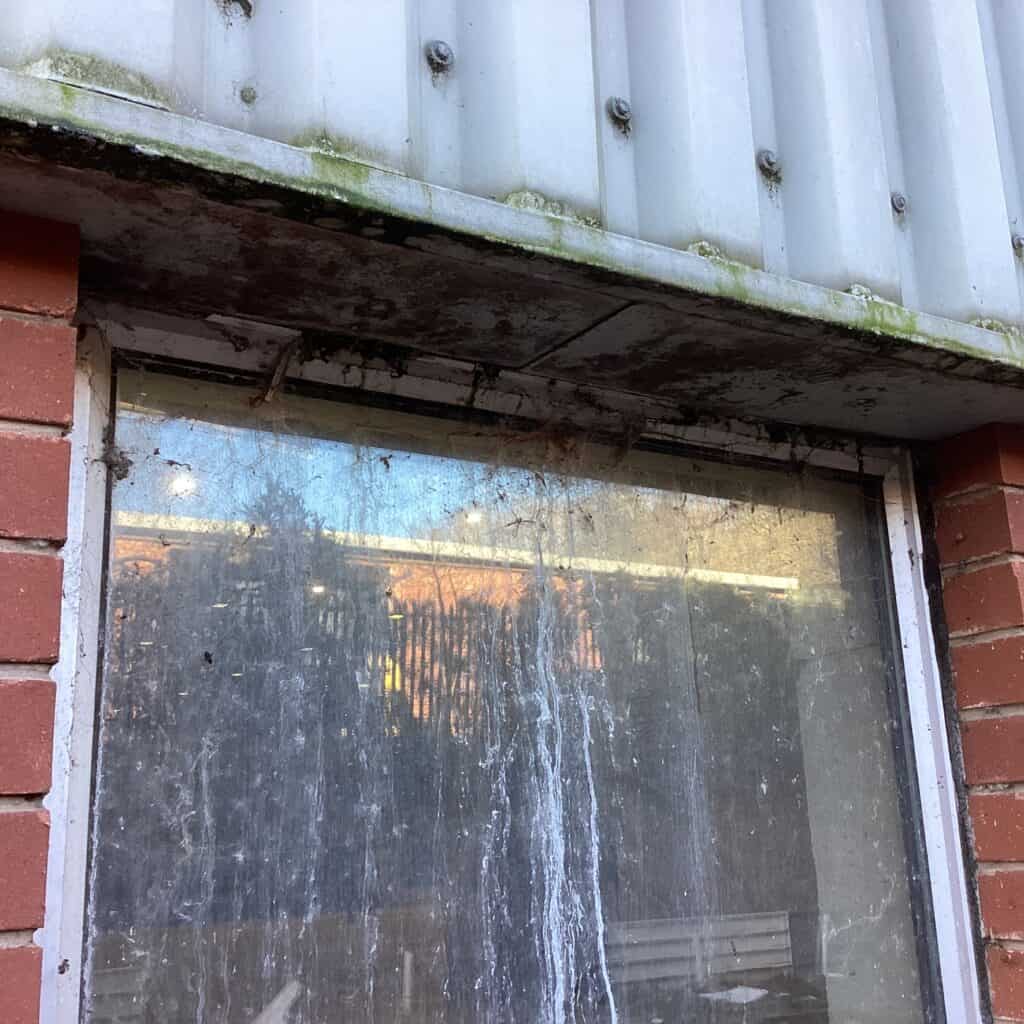
8. Lighting
Proving a well-lit environment for your workers, suppliers and customers, is crucial throughout the winter. Illuminating the outside of the building and car park areas is extremely important for safety. Outdoor lighting should be cleaned and in a good working condition and should be weather resistant. All lighting should be inspected, so check your interior lighting has the correct coverage and emergency lighting is working properly in case of a power outage.
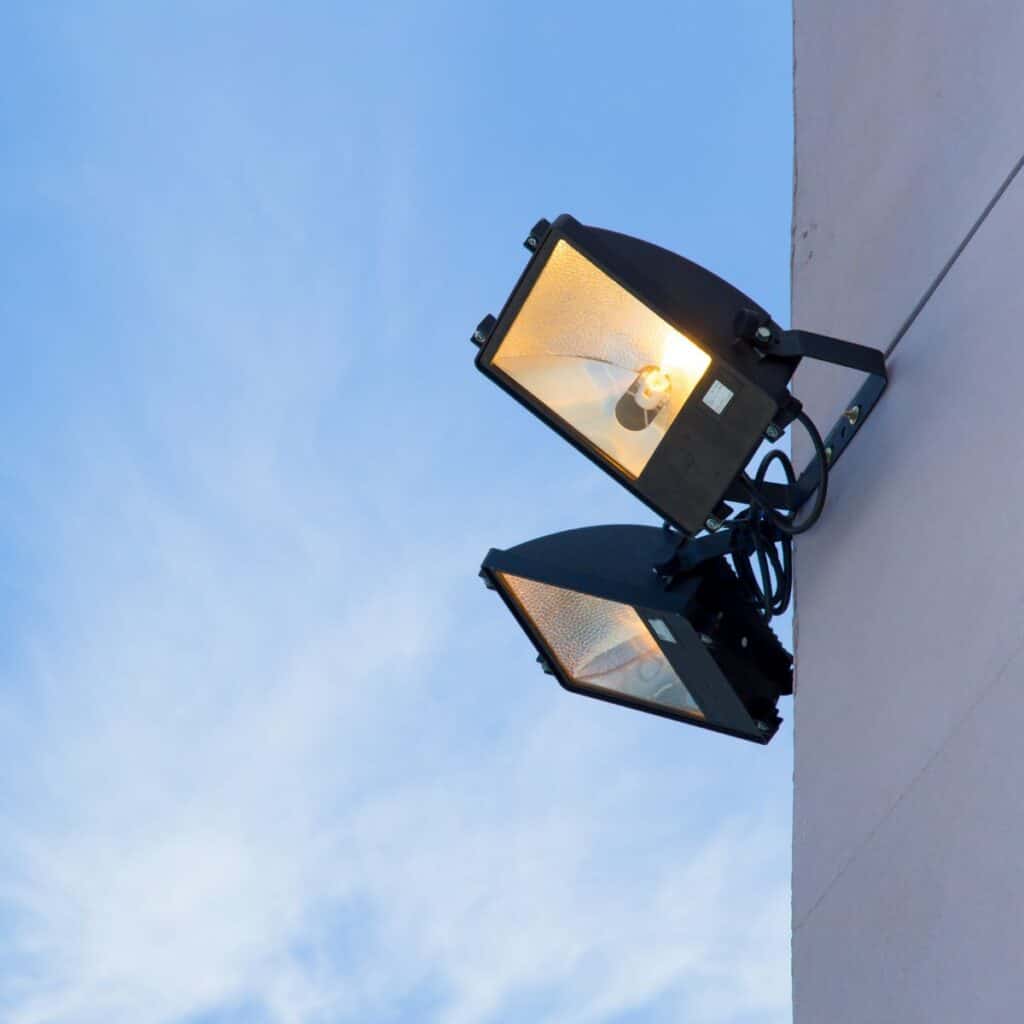
9. External areas
If your property has external areas you own, such as walkways, driveways or car park areas for instance, as well as visibility, it is important to clear away heavy build up of leaves, cut back trees and bushes that may be protruding, that may block signage, apply ice melt or rock salt in adverse weather conditions and regularly inspect and treat these areas for weather damage.
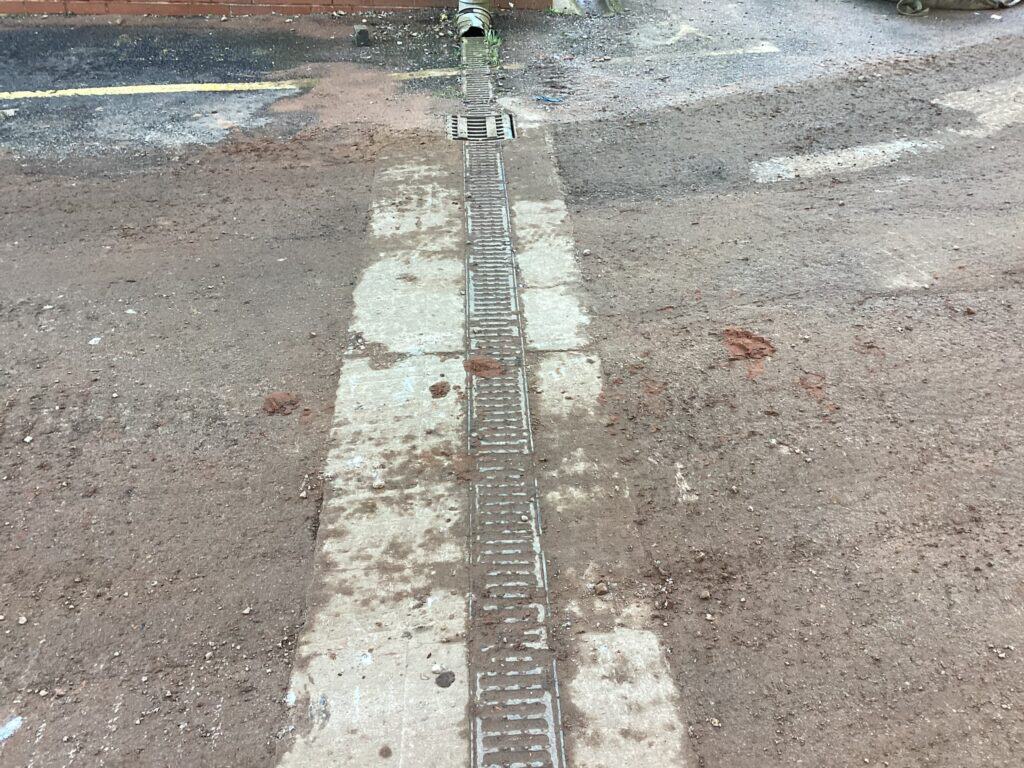
10. Ventilation
The onset of winter brings heavier rainfall (although some may debate that our British Summers do too). This brings issues such as damp, mold and condensation. So, keep on top of your maintenance and repairs of heating, ventilation and air conditioning systems (HVAC system) which can freeze and will therefore no longer provide a fresh and healthy atmosphere. Proper ventilation helps regulate temperature and humidity levels which prevents damp. Periodically opening windows (despite the cold) for short intervals will help ventilate the room and reduce the risk of mold growth. Maintaining a constant temperature is key. Remember to also take note of unused areas or rooms, which will be cooler and more susceptible to mold as well.
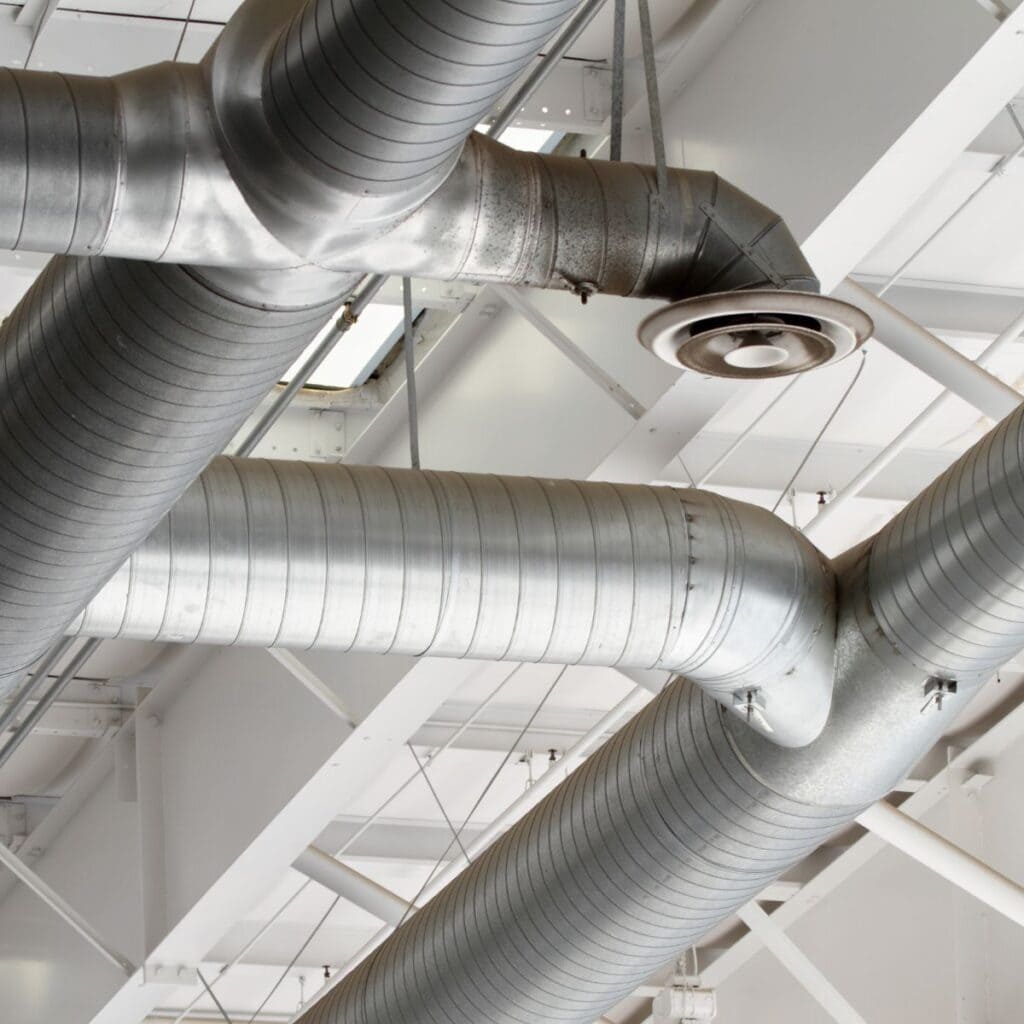
Rob Cant, Associate Director of Commercial Building Surveying at GJS Dillon, comments “Many organisations carry out routine maintenance on their commercial buildings through Planned Preventative Maintenance programmes (PPM) However, the vast majority of organisations don’t have a planned schedule in place, and therefore underestimate the detrimental effects the cold weather can have on buildings and their commercial investment. A PPM can help safeguard your building against heavy rainfall, freezing temperatures and snow, which can cause structural stability and collapsed roofs for instance. A PPM helps identify risks before damage occurs and save you unnecessary costs. PPMs also help commercial property owners comply with regulations and statutory requirements, such as health and safety.”
“Richard Gibbons, Managing Director, Compass Commercial Ltd adds, “Many of the above are straightforward repair jobs, but some will require professional assistance. It is imperative that commercial property owners take note now and carry out these inspections. The winter months are surprisingly busy for contractors like ourselves, so you need to allow plenty of time to carry out these necessary repairs before you hit the Winter period. Property maintenance is essential to keep your working environment safe and healthy and protect your assets.”


We hope you have found our ten tips for your winter property health check helpful. If you would like more information on how you can protect your property with a Planned Preventative Maintenance Programme or need some winter repairs carrying out, please get in touch via email info@gjsdillon.co.uk or call 01905 676169.
